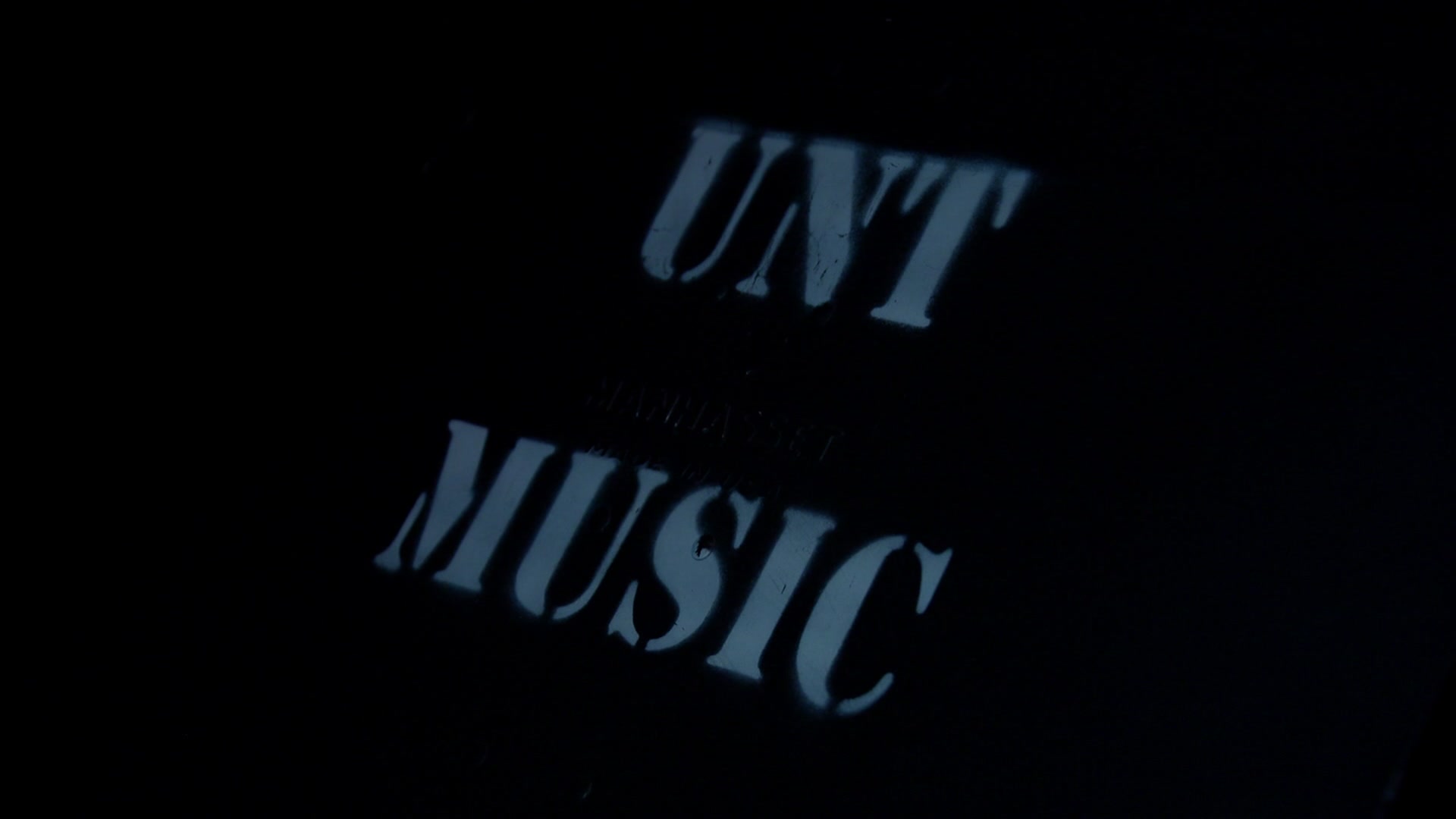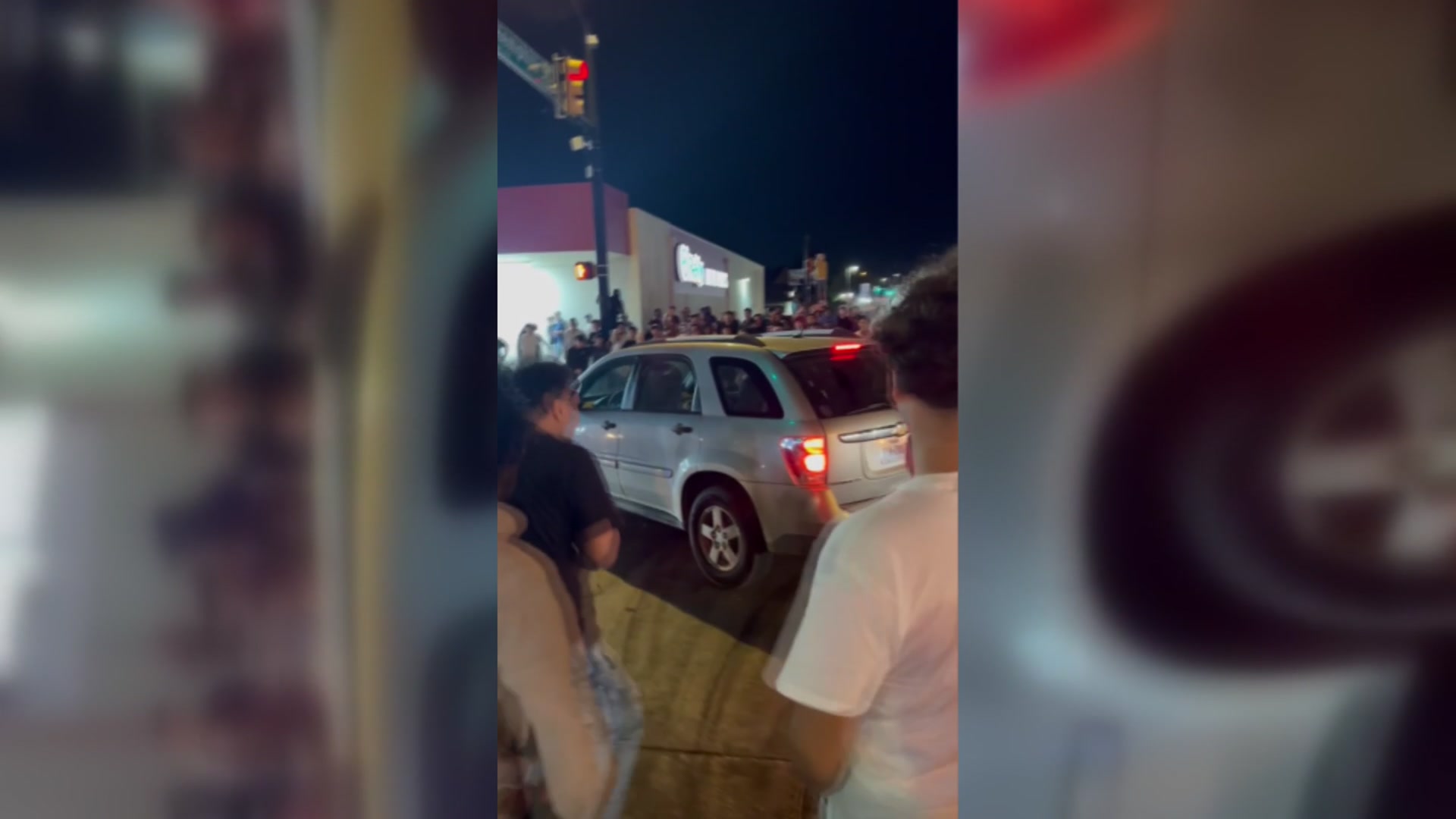The Fort Worth water department has been chosen to participate in a new pilot program that aims to hold city workers accountable when driving government vehicles.
New DriveCam cameras have been installed to approximately 10 percent of the city's water department fleet, which includes 63 vehicles, as part of the DriveCam test run. They were equipped with the cameras at the end of winter, and the city is committed to paying the monthly fees through at least the end of summer.
The DriveCam cameras record 12-second clips of what happens both before and after the incident. There's a camera lens showing the road, but also one focused on the driver.
Like a DVR, the camera is always running, but it only starts recording when there's a sudden loss of speed, which could indicate a crash or a close call.
"It’s a good thing for Fort Worth because it provides safer driving habits by city employees. And it provides safer roadways for our citizens," said the city's equipment services director Wayne Corum.
"It gets folks to make sure they’re wearing their seatbelts, to make sure they’re not looking at the hamburger they’re eating or the cell phone they’re holding instead of the road," Corum said.
Each camera costs $700, with a $30 monthly fee.
Local
The latest news from around North Texas.
The city chose the water department for its test run because their vehicles have a wide variety of sizes --- everything from SUV's to massive dump trucks --- so the city can test out the camera's sensitivity and effectiveness.
Department supervisors said so far the technology has made their employees safer drivers, and it protects all taxpayers from frivolous lawsuits.
"We can save a lot of money in litigation that way," said field supervisor Cody Davis."We’ve had a couple instances already where employees have been set Scot-free because the camera showed the opposite of what was being claimed."
Corum showed NBC 5 several clips from recent weeks where a department driver activated the DriveCam cameras by slamming on the brakes.
One video showed an impatient driver in a red car illegally driving over a curb to get around a large truck. Both cars were damaged in the incident. But Fort Worth taxpayers were protected from a lawsuit because it was all caught on camera, Corum said.
"By having the video it helps the legal department determine: do we defend ourselves or is better to save the money and try to quickly pay out a claim," Corum said. "It cuts down on the legal process, which is very expensive. And in a lot of cases it exonerates a city employee, who in a lot of cases is claimed to do have done something and did not do it."
Since March, there have been six collisions between water department vehicles and citizens' vehicle. Half of the videos fully exonerated the city driver, while half showed that the was at least partially responsible.
The water department said the cameras have been a successful training tool, since incidents are reviewed in meetings with managers where they discuss safer driving practices.
"It makes everyone safer because it makes our drivers a lot more conscious about what they’re doing, how they’re behaving on the road," said Field Supervisor Cody Davis, who oversees three dozen employees.
"A lot of times once my guys see the video they’ll take the corrective action. No one wants to see their face up on a big screen with me, you know."
The cameras have become such an important tool that 150 additional vehicles in other departments might get the technology by the end of summer.
City leaders will discuss paying for those additional cameras in a few weeks. The city manager is expected to roll out his proposed budget in early August, and city council will debate the budget at its annual workshop on August 21.
Corum said the technology pays for itself in lower insurance and accident repairs.
"We’ve done an analysis and within four years we will recover the costs and start having savings year after year," Corum said.
The DriveCam cameras come from a company called Lytx, based out of San Diego.
The cameras are part of a $50,000 pilot program for the city.



